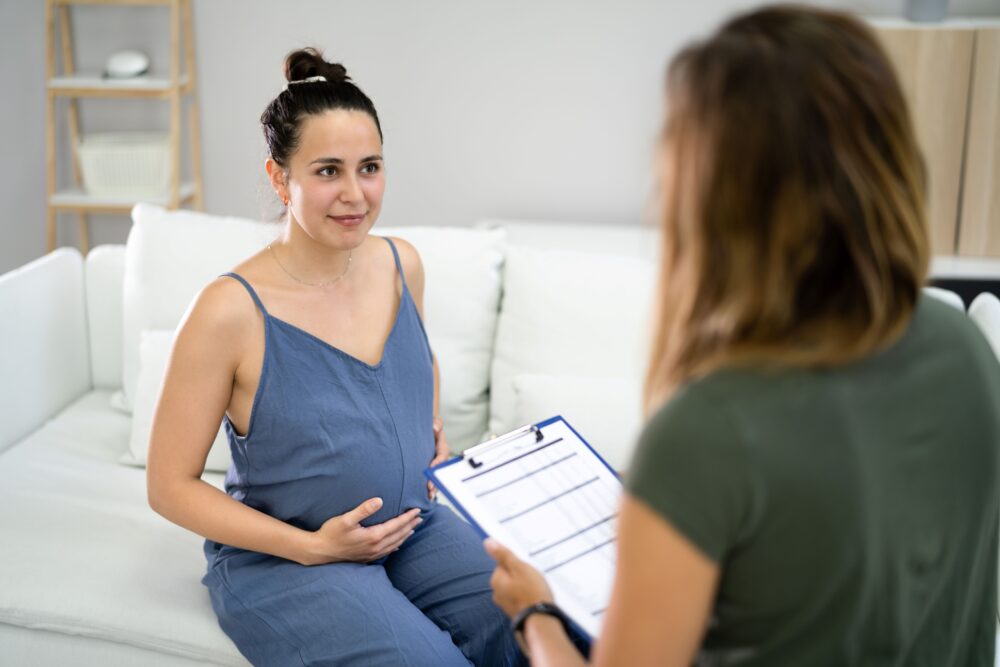Addressing Parental Substance Use
Building Community Supports for Substance-Using Pregnant People in Washington

Impact Highlight: With GPL support, Washington officials launched and then expanded a Prenatal Substance Use Disorder Pilot to connect parents with community-based supportive services through six providers across nine counties.
Project Context:
- In 2020, leaders in the Washington Division of Children, Youth, and Families (DCYF) set a goal to safely reduce the rate of child removals by half by 2025.
- They knew that over 60% of infant removals had parental substance use as a factor. They also knew that nearly 900 reports to the CPS hotline were screened out each year with an indication of substance use among pregnant individuals. These families were not offered any supports that might have helped prevent future child welfare involvement once the child was born.
- To reach more pregnant people and connect them with community-based supportive services, Washington sought to pilot a new program to reach out to families after a screened-out CPS report.
How the GPL Supported:
- Provided planning and implementation support to launch the Prenatal Substance Use Disorder Pilot (SUD-P) in one county in August 2020 and then expanded to eight additional counties by March 2023.
- The pilot involved six different service providers with a mix of service types and approaches, such as legal services, SUD treatment, home-visiting, and basic needs supports.
- Supported DCYF and their community partner in planning listening sessions involving people with lived experience of parenting and substance use disorder to inform the pilot program.
- Worked with DCYF hotline staff across the nine counties to develop new processes for referring pregnant people using substances to the six community providers and then tracked and analyzed those referrals.
- Helped develop a referral pathway tailored towards Native families. This would allow these families to access community services not otherwise available from their Tribes. To start, DCYF and GPL collaborated with tribes in Spokane County where the most screen-out calls of pregnant people with SUD occurred.
- As a result, DCYF partnered with the Kalispel and Spokane Tribes to add a referral pathway where Native families could choose to receive treatment and support through a Native-led and Native-serving community center.
- Developed a Community of Practice between the community providers to help them share ideas about what was working or challenges they were facing.
- Provided scaling support to prepare the SUD-P program to expand statewide.
- This included establishing sustainable processes for DCYF to identify additional community providers, evaluate the program, and estimate program costs each year.
Results:
- As of March 31, 2024, providers in the SUD-P Program received 350 total referrals of eligible screened-out pregnant individuals with SUD. Of these 350 referrals, providers were able to contact 118 (34%) and enroll 68 (19%) into services. One particularly effective community provider was able to contact 70 (50%) and enroll 35 (25%) of individuals into services.
- The SUD-P has expanded to nine counties in partnership with six providers and set a path for state-wide expansion by adjusting to a hub-and-spoke model, in which all referrals are made to one organization which then makes subsequent referrals.